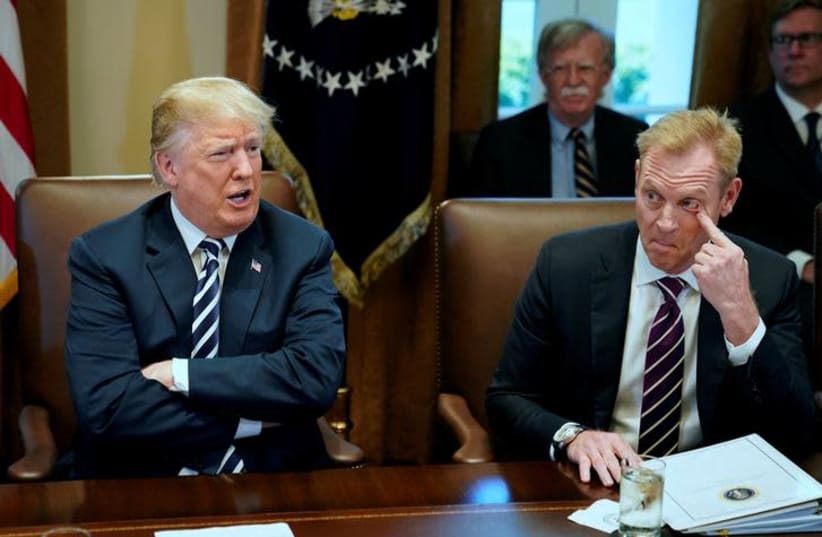US President Donald Trump announced last week that he would be pulling the 2,000 US troops out of Syria in an order signed by resigned US Defense Secretary James Mattis. Mattis, as well as the top US envoy to fight ISIS Brett Mcgurk, resigned because of their disagreement with the decision.
Despite previous claims that the troops could be pulled out within 30 days, the plan has no set timetable. Officials now say that, seeing as the plans were developed over the past week, withdrawal may be slower than originally anticipated.
During a surprise holiday visit to Iraq, Trump told US troops that "there will be a strong, deliberate and orderly withdrawal" from Syria. He explained that US forces will stay in Iraq so that no "ISIS resurgence" occurs as well as "to protect US interests and also to watch very closely over any potential reformation of ISIS and also to watch over Iran."
However, it is unclear if the air operations targeting ISIS will continue following the withdrawal. In addition, US troops in Iraq are there to assist local forces in their fight against ISIS, therefore making it problematic to claim they will be able to intervene in the case of an ISIS resurgence in Syria.
